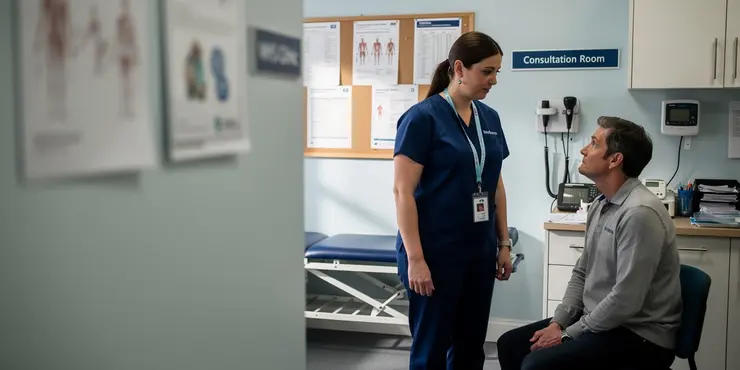
Find Help
More Items From Ergsy search
-

What is binge drinking?
Relevance: 100%
-
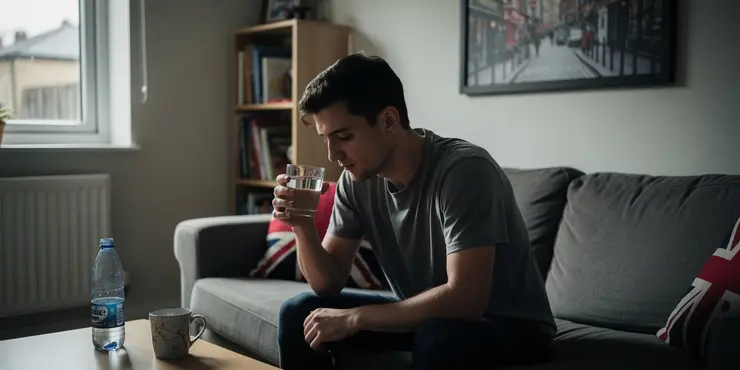
Can binge drinking lead to addiction?
Relevance: 96%
-
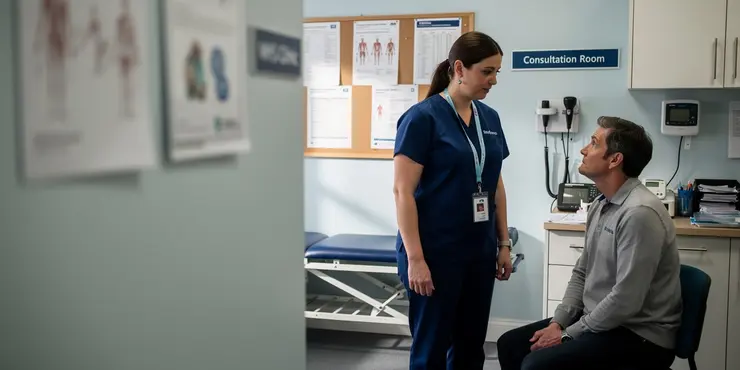
What are the signs of binge drinking?
Relevance: 96%
-

Are there cultural factors in binge drinking?
Relevance: 93%
-

How is binge drinking typically defined?
Relevance: 93%
-

What are the social consequences of binge drinking?
Relevance: 90%
-

Are there any laws against binge drinking?
Relevance: 89%
-

What are the risks associated with binge drinking?
Relevance: 89%
-
What is the role of peer pressure in binge drinking?
Relevance: 88%
-
How does alcohol tolerance relate to binge drinking?
Relevance: 87%
-

How does binge drinking affect the brain?
Relevance: 87%
-

Can binge drinking affect physical health?
Relevance: 86%
-
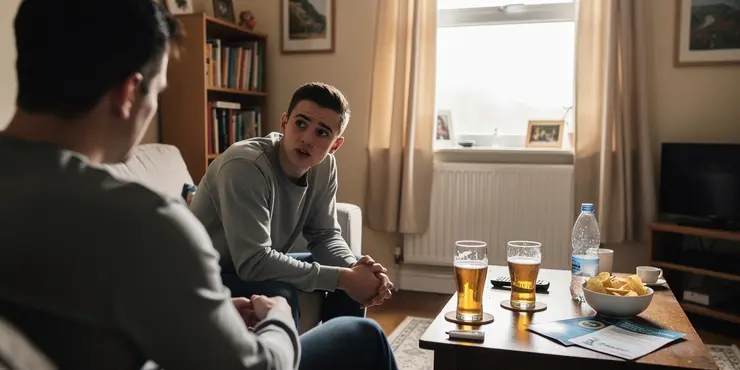
What can be done to prevent binge drinking?
Relevance: 86%
-
Why is binge drinking common among young adults?
Relevance: 86%
-

Is binge drinking more common in any specific demographic?
Relevance: 85%
-
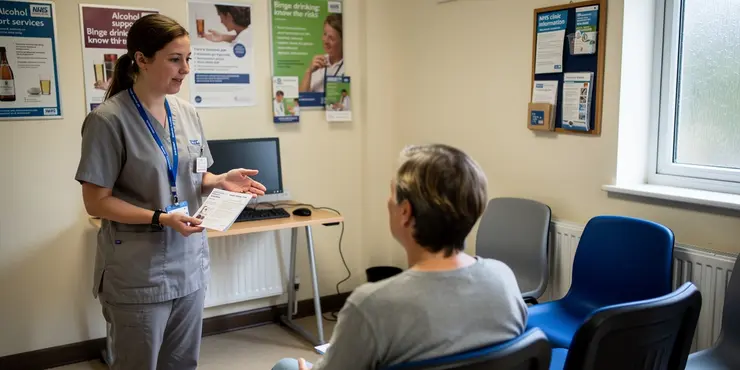
What resources are available for someone struggling with binge drinking?
Relevance: 84%
-
How does binge drinking affect mental health?
Relevance: 84%
-

How can one reduce the risk of binge drinking?
Relevance: 83%
-
How does binge drinking impact academic or work performance?
Relevance: 80%
-

How do I know if my drink was spiked?
Relevance: 44%
-
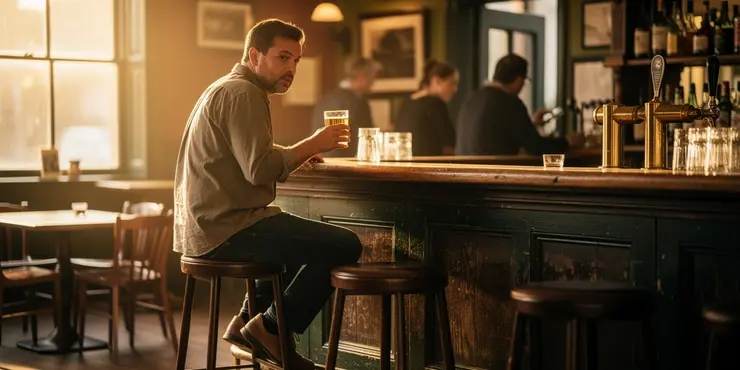
Are men at risk of having their drinks spiked?
Relevance: 43%
-
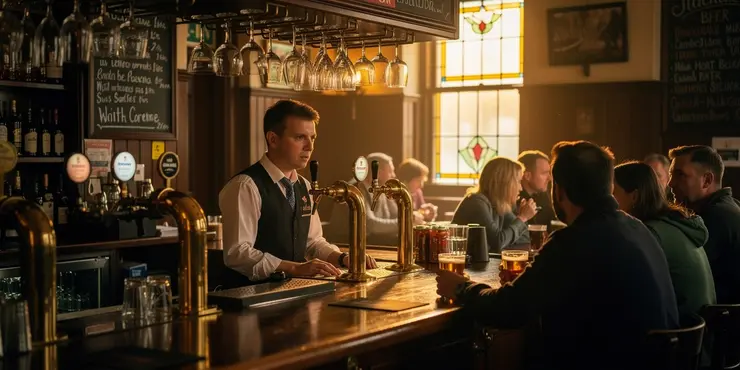
Are there signs bartenders or servers can watch for to prevent spiking?
Relevance: 42%
-

What drugs are commonly used to spike drinks?
Relevance: 41%
-

Can drink spiking occur in private settings?
Relevance: 41%
-

What should I do if I suspect my drink has been spiked?
Relevance: 40%
-

How much water should I drink during a heatwave?
Relevance: 40%
-

What are common symptoms if my drink has been spiked?
Relevance: 39%
-
Are high caffeine drinks safe?
Relevance: 39%
-

How can I reduce the risk of my drink being spiked?
Relevance: 39%
-
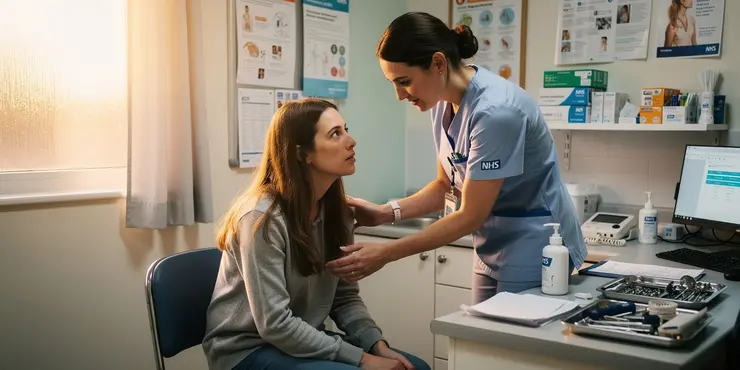
How long do the effects of a spiked drink last?
Relevance: 38%
-

What should I do if I witness someone's drink being spiked?
Relevance: 38%
-

How can I support a friend who believes their drink was spiked?
Relevance: 38%
-

Can drink spiking cause long-term health effects?
Relevance: 37%
-
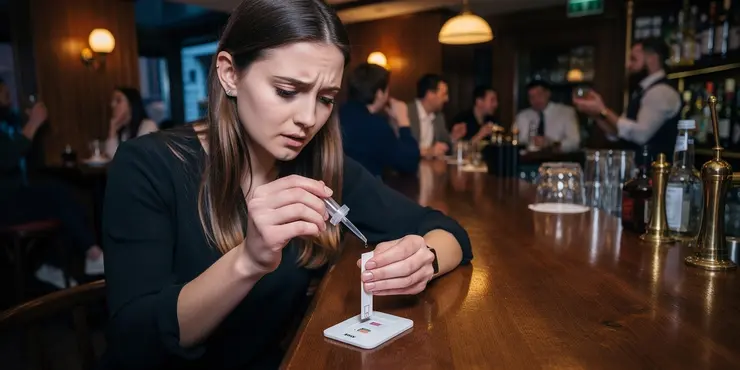
How effective are drink testing kits?
Relevance: 36%
-
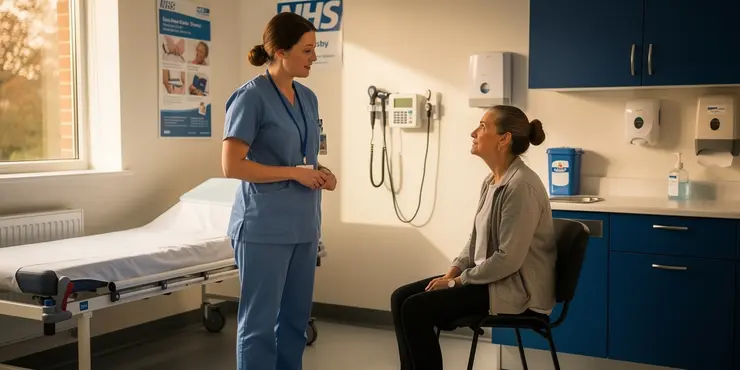
How quickly do symptoms appear after a drink has been spiked?
Relevance: 36%
-

Can I taste or smell if my drink has been spiked?
Relevance: 35%
-

Can drink covers be reused to prevent spiking?
Relevance: 35%
-

What are the signs of heat exhaustion?
Relevance: 35%
-

What role do sugary drinks play in obesity?
Relevance: 35%
-

Which drinks are exempt from the sugar tax?
Relevance: 34%
Understanding Binge Drinking
Binge drinking is a common issue in the UK and is typically defined as consuming large quantities of alcohol in a short period of time. For many, this means drinking with the intention of becoming intoxicated, often leading to a range of health and social problems. Recognising the signs of binge drinking is crucial in addressing and mitigating its effects.
Physical Signs of Binge Drinking
One of the most obvious signs of binge drinking is a high level of intoxication in a short period. This often leads to slurred speech, impaired coordination, and difficulty walking. Individuals may appear visibly unsteady, struggle with balance, and have delayed reactions. After a binge drinking session, hangovers with symptoms like headaches, nausea, and fatigue are common and serve as another indication of excessive alcohol consumption.
Behavioural Signs
Changes in behaviour can also indicate binge drinking. This includes aggressive or erratic behaviour, poor decision-making, and engaging in risky activities, such as driving under the influence or unprotected sex. Memory blackouts or forgetting events that occurred while drinking can also be a major sign. Furthermore, frequent episodes of binge drinking can lead to developing a high tolerance to alcohol, prompting people to drink even more to achieve the same effects.
Emotional and Social Indicators
Binge drinking can affect an individual's emotional state and their social interactions. People may experience mood swings, increased anxiety, or depression following a drinking session. They may also start neglecting responsibilities at work, school, or home due to the after-effects of drinking. Relationships with family and friends might suffer as binge drinking becomes a priority over social and familial commitments.
Health Consequences
Long-term binge drinking can have severe health consequences. Although not immediately visible, these signs include liver damage, cardiovascular issues, and increased risk of alcohol dependence. Mental health issues such as depression and anxiety disorders may also develop or worsen with persistent binge drinking.
Prevention and Support
Recognising these signs early can lead to getting the appropriate help before the problem exacerbates. Support from friends, family, and professional services can be crucial in addressing binge drinking. In the UK, various organisations and charities provide resources and support to individuals struggling with alcohol misuse. Encouraging open conversations about alcohol use and seeking professional guidance can aid in reducing instances of binge drinking and its detrimental effects.
Understanding Binge Drinking
Binge drinking means drinking a lot of alcohol quickly. Many people in the UK do this to get drunk. This can cause health problems and trouble with family and friends. Knowing the signs of binge drinking helps to stop it from getting worse.
Physical Signs of Binge Drinking
If someone is very drunk in a short time, they might be binge drinking. They might have trouble talking clearly, walking straight, or standing steadily. They might also be slow to react. After drinking, they could feel sick, have a headache, or feel very tired. These are signs of drinking too much.
Behavioural Signs
Binge drinking can change how someone acts. They might get angry or do silly things. They might drive a car or have sex without being safe. They could forget what they did while drinking. They might need more alcohol to feel drunk because their body gets used to it.
Emotional and Social Indicators
Drinking a lot can change how someone feels and acts with others. They might feel really happy or sad for no reason. They might worry more or feel down after drinking. They could skip work, school, or home chores. Friends and family might feel upset because of this.
Health Consequences
Binge drinking for a long time can hurt your health badly. It can damage your liver and heart. It can make you want to drink more and more. It can also make you feel sad or anxious.
Prevention and Support
Seeing these signs early can help someone get help. Friends, family, and doctors can help stop binge drinking. In the UK, there are groups that help people with drinking problems. Talking openly about drinking and asking for help can make things better.
Frequently Asked Questions
Useful Links
This website offers general information and is not a substitute for professional advice.
Always seek guidance from qualified professionals.
If you have any medical concerns or need urgent help, contact a healthcare professional or emergency services immediately.
Some of this content was generated with AI assistance. We’ve done our best to keep it accurate, helpful, and human-friendly.
- Ergsy carfully checks the information in the videos we provide here.
- Videos shown by Youtube after a video has completed, have NOT been reviewed by ERGSY.
- To view, click the arrow in centre of video.
- Most of the videos you find here will have subtitles and/or closed captions available.
- You may need to turn these on, and choose your preferred language.
- Go to the video you'd like to watch.
- If closed captions (CC) are available, settings will be visible on the bottom right of the video player.
- To turn on Captions, click settings .
- To turn off Captions, click settings again.
More Items From Ergsy search
-

What is binge drinking?
Relevance: 100%
-

Can binge drinking lead to addiction?
Relevance: 96%
-

What are the signs of binge drinking?
Relevance: 96%
-

Are there cultural factors in binge drinking?
Relevance: 93%
-

How is binge drinking typically defined?
Relevance: 93%
-

What are the social consequences of binge drinking?
Relevance: 90%
-

Are there any laws against binge drinking?
Relevance: 89%
-

What are the risks associated with binge drinking?
Relevance: 89%
-
What is the role of peer pressure in binge drinking?
Relevance: 88%
-
How does alcohol tolerance relate to binge drinking?
Relevance: 87%
-

How does binge drinking affect the brain?
Relevance: 87%
-

Can binge drinking affect physical health?
Relevance: 86%
-

What can be done to prevent binge drinking?
Relevance: 86%
-
Why is binge drinking common among young adults?
Relevance: 86%
-

Is binge drinking more common in any specific demographic?
Relevance: 85%
-

What resources are available for someone struggling with binge drinking?
Relevance: 84%
-
How does binge drinking affect mental health?
Relevance: 84%
-

How can one reduce the risk of binge drinking?
Relevance: 83%
-
How does binge drinking impact academic or work performance?
Relevance: 80%
-

How do I know if my drink was spiked?
Relevance: 44%
-

Are men at risk of having their drinks spiked?
Relevance: 43%
-

Are there signs bartenders or servers can watch for to prevent spiking?
Relevance: 42%
-

What drugs are commonly used to spike drinks?
Relevance: 41%
-

Can drink spiking occur in private settings?
Relevance: 41%
-

What should I do if I suspect my drink has been spiked?
Relevance: 40%
-

How much water should I drink during a heatwave?
Relevance: 40%
-

What are common symptoms if my drink has been spiked?
Relevance: 39%
-
Are high caffeine drinks safe?
Relevance: 39%
-

How can I reduce the risk of my drink being spiked?
Relevance: 39%
-

How long do the effects of a spiked drink last?
Relevance: 38%
-

What should I do if I witness someone's drink being spiked?
Relevance: 38%
-

How can I support a friend who believes their drink was spiked?
Relevance: 38%
-

Can drink spiking cause long-term health effects?
Relevance: 37%
-

How effective are drink testing kits?
Relevance: 36%
-

How quickly do symptoms appear after a drink has been spiked?
Relevance: 36%
-

Can I taste or smell if my drink has been spiked?
Relevance: 35%
-

Can drink covers be reused to prevent spiking?
Relevance: 35%
-

What are the signs of heat exhaustion?
Relevance: 35%
-

What role do sugary drinks play in obesity?
Relevance: 35%
-

Which drinks are exempt from the sugar tax?
Relevance: 34%


